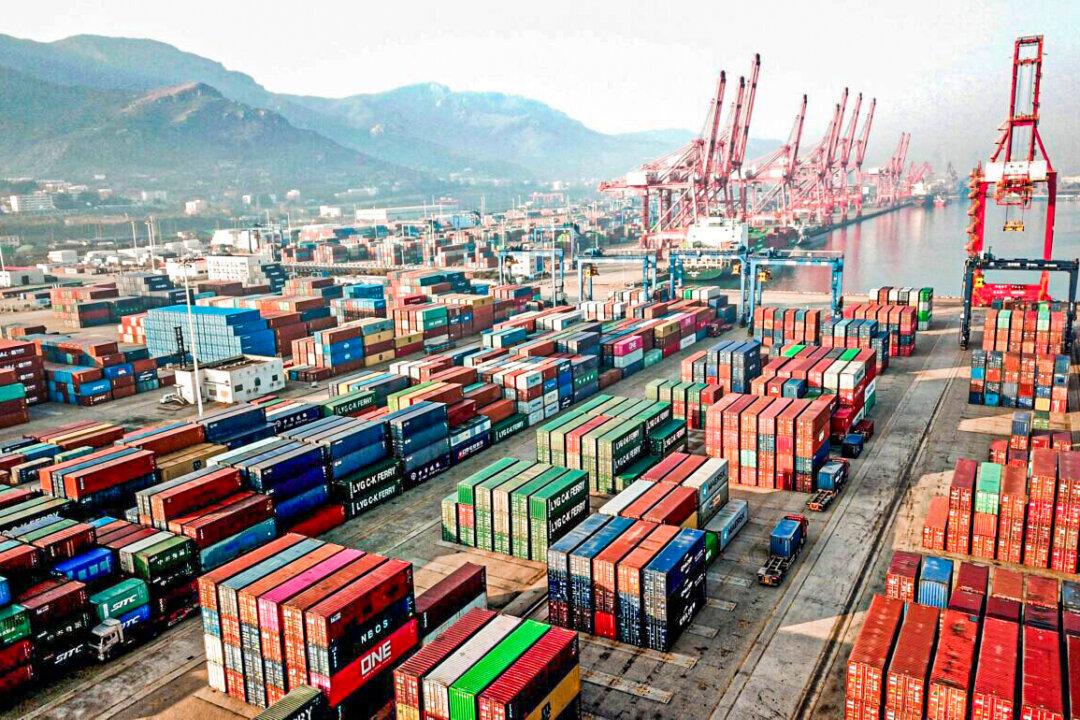Global container freight rates have been falling since March, and the Freightos Baltic Index (FBX) has nearly halved in the past six months.
The third quarter of each year is the traditional peak season for freight. However, this year, the freight industry has experienced a downshift due to global inflation, weakened economic outlooks, and shrunken demand.





